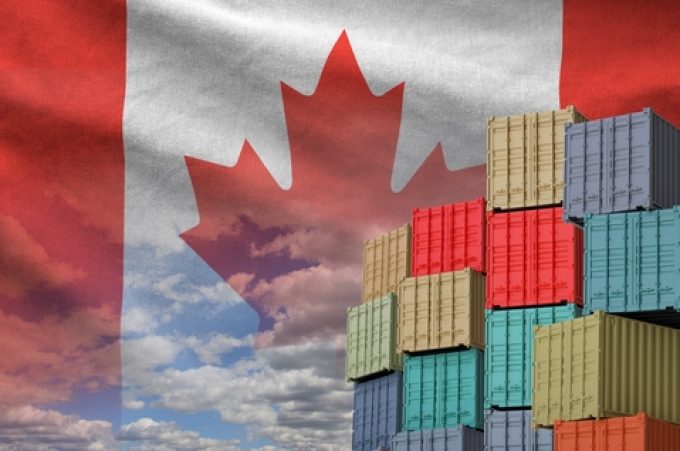Maersk and Cosco lose out as the battle for market share goes organic
The competitive landscape is changing for ocean carriers – and Maersk and Cosco find themselves ...

More embargoes have been announced for Canada’s rail network as stakeholders brace for strikes on Thursday and the wide-spread repercussions.
After multiple rounds of negotiations between the TCRC union and its rail-operating employers Canadian National (CN) and Canadian Pacific Kansas City (CPKC) failed, the union issued ...


Comment on this article